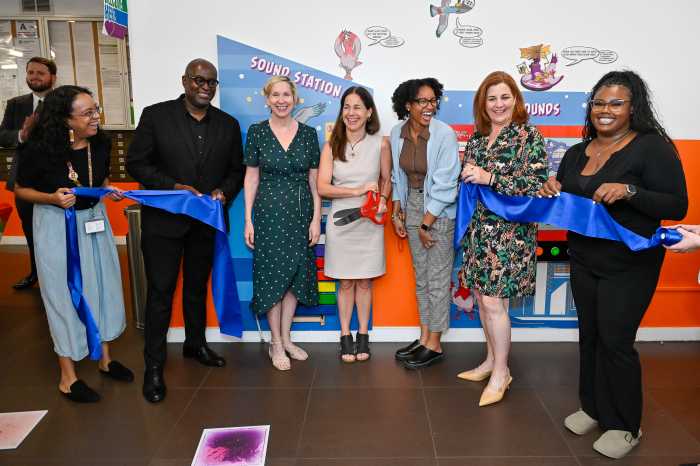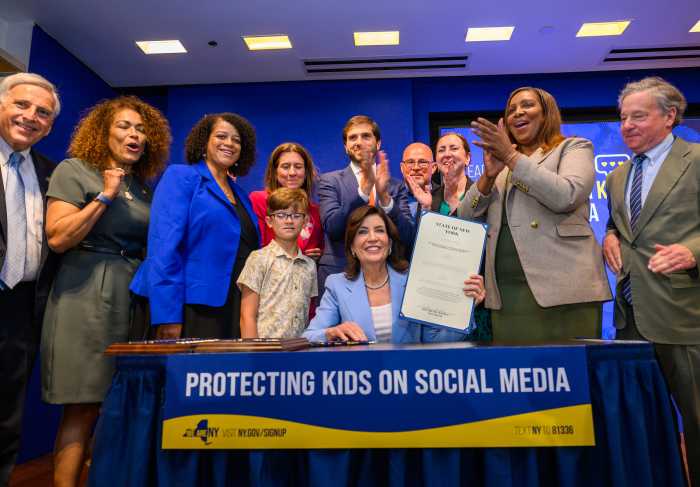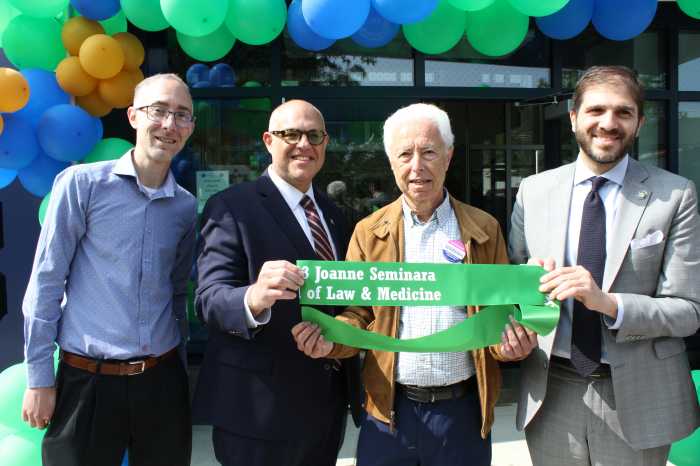Allowing people to speak their minds truthfully is a hard thing to do in one’s home, with one’s children. Like a preacher, who says the words of salvation he himself needs to hear, I am always espousing the necessity of truth to remember how important it is, especially because it is often totally socially unacceptable.
Eli, at 9, has a condition I liken to Tourette’s Syndrome — he can repeat the word “penis” over and over thousands of times a minute. I gather that is because, like most men, that is what is on his mind. The truth of what he is thinking about is simple, yet I need to teach him to train himself to keep it in check. I feel so often like a hypocrite, then, because I am also always begging him often to tell me what’s on his mind.
The same hypocrisy issue arose recently when Eli proclaimed at lunch with a friend that he’d rather play the iPod Touch instead of being social.
Denied his device, he whined, “I’m bored! It’s not fun to talk! I have nothing to say!”
When I chastised him for being rude, he looked right at me and quoted me back to me: “What? I’m just telling the truth…”
He often says this when I call him out on being inappropriate, possibly hurting other people’s feelings. As much as his sassy response irks, his throwing my own concept back in my face is actually a good reminder: I’m glad to know what he’s thinking so I can help him work through things.
In this case, having a window into how difficult (and boring) he finds it to relate to others sometimes allowed me to have a serious conversation with him about the need to be social, not to isolate oneself because it is easier than connecting.
The way to avoid life’s major pitfalls is to face the truth, but the problem is, as you call from that famous scene in “A Few Good Men,” so few people can HANDLE the truth.
Much as I talk a good game, the real honest truths — that my kids are sad sometimes, that they hate me, that they greatly desire to hump things — are hard things to handle.
But I try to persevere so that communication is not completely cut off.
If I quiet my kids’ personal “truths” for comfort sake, it won’t change their thoughts — it just encourages them to lie to me. Then, we will grow further and further apart.
Our families’ non-PC ways wreaked havoc on the ears of a young Catholic babysitter. We found a note after she left that said everything she had been afraid to before she left, wordlessly. Their language had shocked.
“They talked about body parts,” she wrote, “(boobs, butts, *balls.)”
I was humiliated and ripped up the note, for which I’m now very sorry (at the very least, it would have been nice to pull out on their wedding days). The boys’ behavior was really a shocking-but-necessary exploration of confusing things in the safe environment of their own home. I might chastise them for saying repeatedly, but I’d try not to shame them. (The babysitter, by the way, did not last.)
Truth is a tangled web — and no two persons’ truth is the same. Even though I agree that we should be able to control ourselves so we don’t offend everyone, extreme levels of “self-control” have done more harm than good to society. Holding everything in is ultimately damaging to our mental and physical health, and political correctness has created its own kind of monstrous madness where we’re not allowed to call things what they are, as if we don’t all know.
Letting the boys watch YouTube, where they pick up rude terms, or taking them to more adult movies like “The Green Hornet” (great movie!) is always a little dicey. My intention is not that my children learn “the truth” about everything all at once. Luckily, they mostly self-censor. I have seen them flip past girls in bikinis quickly with an “oooh, inappropriate!” so I trust that porn is not on their radar (yet). I try not be too finicky about what they see and hear, but I ask often about it so we can discuss terms they repeat without understanding, terms they will hear on the playground soon enough if they haven’t already.
Words are the only windows we have into a person’s brain. License for a child to speak freely is crucial to knowing them and helping them know themselves.
Even though I’d rather not know some “truths,” there is no denying them. To do so is a kind of death far greater than the death of innocence.

























